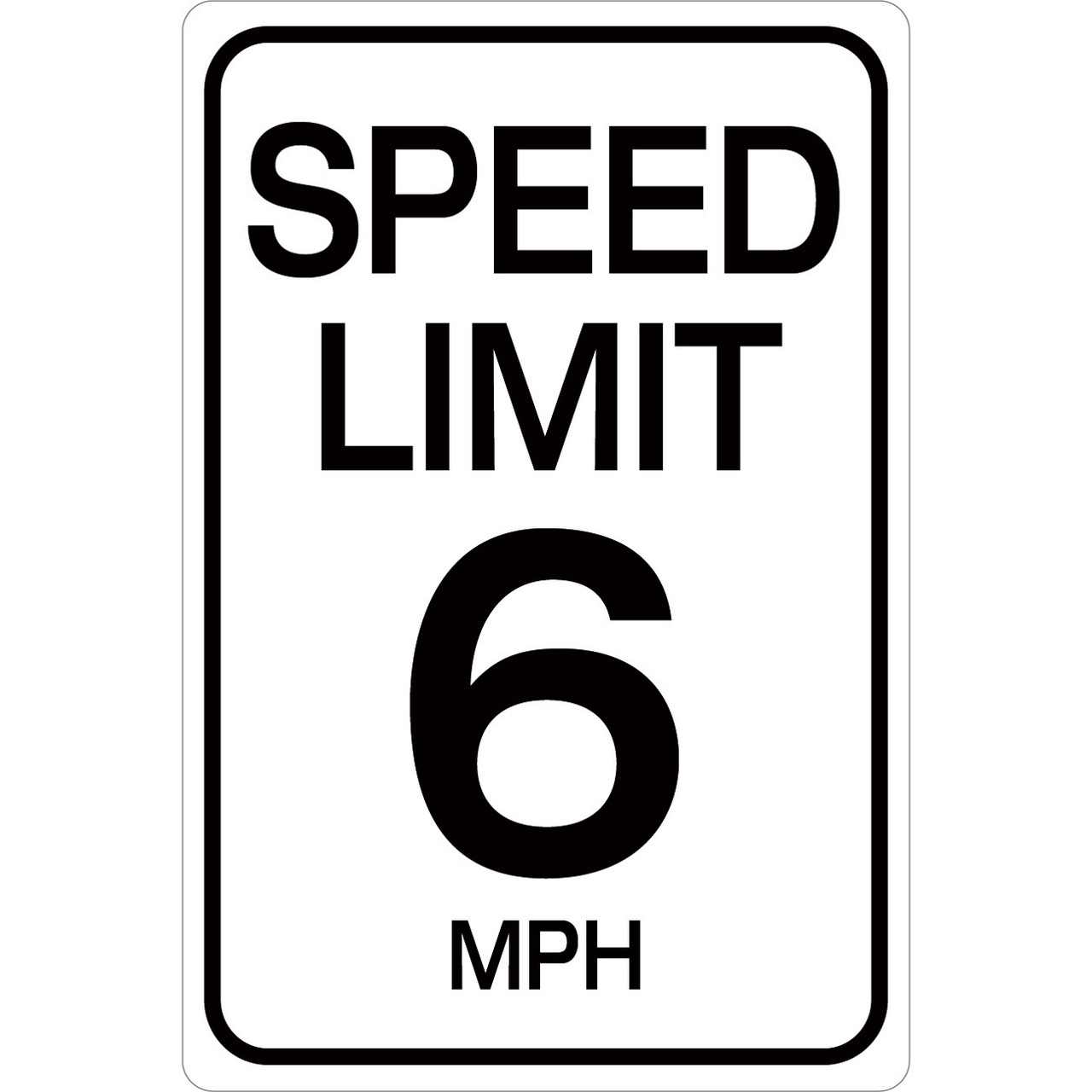Ever wondered how fast 500kmh really is in mph? You're not alone, my friend. Whether you're a speed enthusiast, a traveler, or just someone trying to wrap their head around metric conversions, this article’s got you covered. Today, we'll dive deep into converting 500kmh to mph, breaking it down in a way that’s simple, engaging, and super useful. So buckle up and let’s hit the road!
Let’s face it—converting units can sometimes feel like solving a math puzzle from another dimension. But don’t sweat it! By the end of this article, you'll not only know what 500kmh looks like in mph but also understand why this conversion matters in real life. Think of it as your personal cheat sheet for all things speed-related.
Before we get into the nitty-gritty, here's the quick answer for those who are in a rush: 500kmh equals approximately 310.69mph. But hey, there's so much more to explore beyond just the numbers. So stick around, and let’s unravel the magic of speed conversion together!
- Vegamovies Art The Ultimate Guide To Your New Favorite Creative Haven
- Bollyflixorg Your Ultimate Destination For Bollywood Entertainment
Why Understanding 500kmh to mph Matters
Alright, let's talk turkey. Why should you care about converting 500kmh to mph? Well, for starters, it’s not just about math—it’s about practicality. Imagine you're planning a road trip across Europe, where speeds are measured in kilometers per hour, but your GPS is set to miles per hour. Or maybe you're watching Formula 1 and want to grasp just how blazingly fast those cars are going. This conversion bridges the gap between two worlds, making life easier for anyone who deals with different measurement systems.
Plus, let’s be honest—speed conversions sound impressive in casual conversations. Drop "500kmh is roughly 310mph" during a chat, and you're instantly the cool kid in the room. Who doesn’t want that?
Breaking Down the Conversion Formula
Now that we’ve established why this matters, let’s break it down step by step. The formula for converting kilometers per hour (kmh) to miles per hour (mph) is simple:
- Bollyflix Movie 2025 Your Ultimate Guide To Streaming Bollywoods Best
- Bollyflux Your Ultimate Streaming Haven For Bollywood Movies
miles per hour = kilometers per hour × 0.621371
So, when you plug in 500kmh:
500 × 0.621371 = 310.6855mph
Round it off, and you’ve got 310.69mph. Boom! Easy peasy, right?
Real-Life Scenarios: Where Does 500kmh to mph Apply?
Let’s bring this conversion into the real world. Picture this: you're cruising in a high-speed train that clocks in at 500kmh. That’s faster than most commercial airplanes during takeoff! Or consider the world of aviation—many private jets and military aircraft operate at speeds close to or exceeding 500kmh. Understanding this conversion helps you visualize just how rapid these machines truly are.
And let’s not forget sports cars. Some of the fastest rides on the planet can hit speeds over 500kmh, which translates to well over 300mph. Ever heard of the Bugatti Chiron? Yeah, that beast can do it—and now you know exactly what that means in terms of mph.
Common Questions About 500kmh to mph
Here’s a quick FAQ to clear up any lingering doubts:
- Q: Is 500kmh faster than 300mph? A: Yep, 500kmh is slightly over 300mph, clocking in at around 310.69mph.
- Q: Can regular cars reach 500kmh? A: Not unless they’re heavily modified. Most supercars top out around 300-400kmh.
- Q: Why use mph instead of kmh? A: Depends on where you are. In the US and UK, mph is standard, while kmh is used in most other countries.
Fun Facts About Speed and Measurement
Speed conversions are fascinating because they connect us to history, science, and even pop culture. Did you know that the first land speed record was set way back in 1898 by a Frenchman named Gaston de Chasseloup-Laubat? His electric car reached a whopping… wait for it… 39.24mph. Compare that to today’s hypercars and jet engines, and you’ll see just how far we’ve come.
And then there’s the legendary SR-71 Blackbird, a spy plane capable of flying at over 3,500kmh—or roughly 2,175mph. That’s faster than a bullet! These kinds of stats make speed conversions not only practical but downright awe-inspiring.
Why mph Still Reigns Supreme in Some Places
While most of the world has embraced the metric system, the US and a few other countries still cling to imperial units like mph. Why? Tradition, mostly. Miles have been part of American culture for centuries, and changing systems isn’t as simple as flipping a switch. Plus, let’s be real—“miles per hour” just rolls off the tongue better than “kilometers per hour.”
Tools and Apps for Speed Conversion
Don’t feel like doing the math every time you need to convert speeds? No problem! There are tons of tools and apps out there to help you out. Google itself is a quick and reliable calculator—just type “500kmh to mph” into the search bar, and voila! You’ll get the result instantly.
For those who prefer dedicated apps, Speed Unit Converter and Unit Converter Pro are great options. They’re user-friendly, accurate, and often come with extra features like temperature and currency conversion.
How Accurate Are These Tools?
Most online converters are spot-on, but always double-check if precision matters. For example, scientific research or engineering projects might require more decimal places than your average road trip. In such cases, using a scientific calculator or specialized software ensures maximum accuracy.
History of kmh and mph: A Brief Overview
Let’s take a trip down memory lane. The concept of measuring speed dates back to ancient times, but the terms “kilometers per hour” and “miles per hour” didn’t appear until much later. Kilometers were introduced in the late 18th century as part of the metric system, while miles have been around since Roman times.
Today, both units coexist, each with its own advantages. Kilometers are easier to work with mathematically due to their base-10 structure, while miles resonate culturally in certain regions. It’s a beautiful blend of practicality and tradition.
Which System Is Better?
That’s like asking whether chocolate or vanilla ice cream is superior—it depends on personal preference. Scientists and engineers often prefer kmh because of its simplicity, while everyday folks in the US might find mph more intuitive. At the end of the day, both systems serve their purpose admirably.
Tips for Mastering Speed Conversions
Want to become a speed conversion pro? Here are a few tips to keep in mind:
- Memorize the basic conversion factor (0.621371) for quick mental math.
- Use rounding to simplify calculations when exact precision isn’t necessary.
- Practice regularly to build confidence and speed (pun intended!).
- Invest in a good calculator or app for complex conversions.
Remember, practice makes perfect. The more you work with these conversions, the more natural they’ll feel. Soon enough, you’ll be converting speeds faster than… well, 500kmh!
Common Mistakes to Avoid
Here are a few pitfalls to watch out for:
- Forgetting to multiply instead of divide (it happens more often than you think).
- Using outdated or inaccurate conversion factors.
- Not accounting for rounding errors when dealing with large numbers.
Stay sharp, and you’ll avoid these rookie mistakes in no time.
Conclusion: Your Go-To Guide for 500kmh to mph
And there you have it—a comprehensive guide to converting 500kmh to mph and beyond. Whether you’re a student, traveler, or just someone curious about the world of speed, this article has armed you with the knowledge you need to navigate metric and imperial units like a pro.
So what’s next? Share this article with friends who might find it useful. Leave a comment below if you have questions or want to geek out about speed. And most importantly, keep exploring—because the world of measurements is vast, exciting, and full of surprises.
Table of Contents
- Why Understanding 500kmh to mph Matters
- Breaking Down the Conversion Formula
- Real-Life Scenarios: Where Does 500kmh to mph Apply?
- Fun Facts About Speed and Measurement
- Tools and Apps for Speed Conversion
- History of kmh and mph: A Brief Overview
- Tips for Mastering Speed Conversions
- Conclusion: Your Go-To Guide for 500kmh to mph
- Aditimistry Nude The Truth The Facts And The Real Story
- Hd Movieshub Your Ultimate Destination For Highquality Movie Streaming


